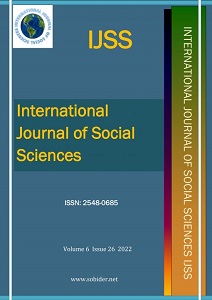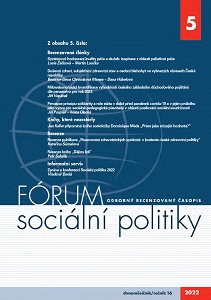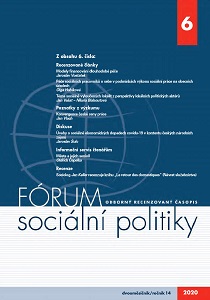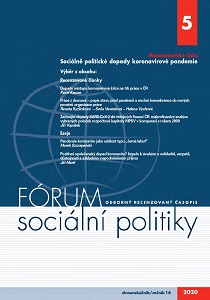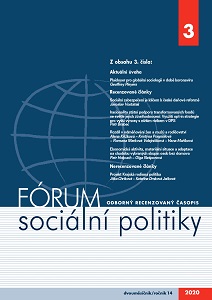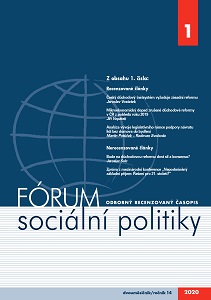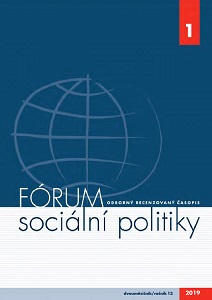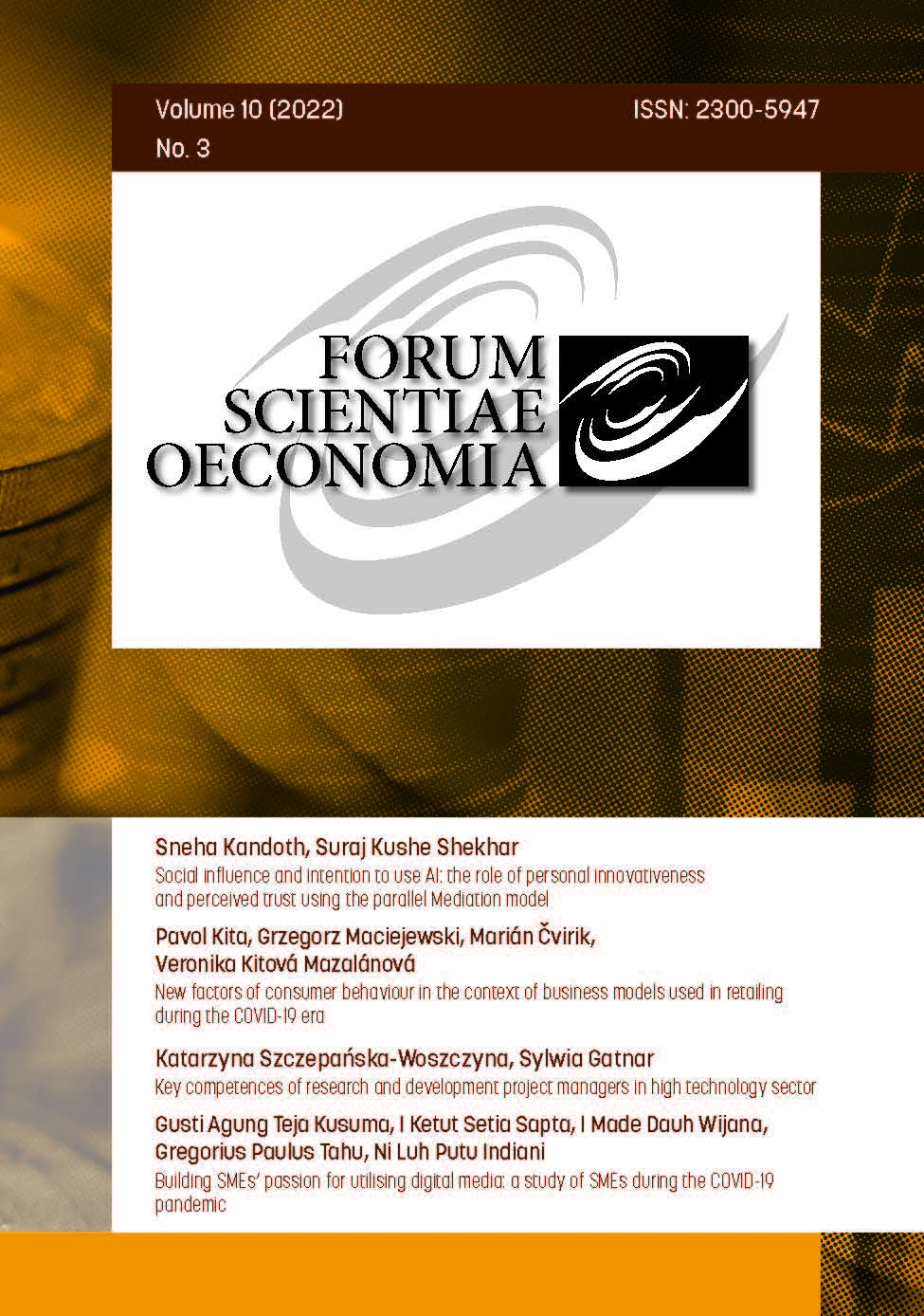Author(s): Sandra Papavasilevská / Language(s): English
Issue: 1/2022
Tax system in the Czech Republic and offers some specific suggestions for reform. In the long term, their taxation could be maintained. Many politicians not only in the Czech Republic believe that a higher property tax on real estate investments can solve the housing crisis. There are several examples showing that such a solution does not lead to the desired result. In many states, such a tax increase solved a certain "housing crisis". Such a solution is at all sensible and will ultimately not only disadvantage economically the socially weaker, who do not have the resources to get their own place. On the other hand, the overall taxation of investment housing could contribute to increasing revenues of municipal budgets without changing the budgetary allocation of taxes. The inclusion of elements of elementary equality and work with so-called local coefficients, possibly combined with the categorisation of immovable property as established in the Land Registry, appears to be a meaningful key to the solution. On the basis of these two groups or categories, differential taxation can be achieved for a wide range of properties without creating room for discussion about what is and is not an investment apartment [OECD 2010]. But there are two weaknesses in dealing with this, namely policy changes, where the increase in the coefficient is unpopular within local authorities, and that it will be quite different in this area. The area-based property tax has been gaining influence in developing and transitional countries around the world. This report first examines how the area-based tax is administered in thirty-eight countries according to statutes. Area-based assessment is more commonly used in rural areas than urban areas, for land than buildings, and with few adjustments. Over half the countries allow some local control [Fischel 2001: 17].The paper presents an overview of the theoretical and practical experience of both the immovable property taxation forms (area-based and value-based) concerning the different aspects of micro and macroefficiency, equity and the “ability to pay” aspects as well as the fiscal and technical aspects, with the special emphasis on (post)transition economies – new EU members. The EU recommendations in this area, especially concerning the shift of tax burden from (labour) income to property, are pointed out. The comparative analysis of relevant taxation in the EU member countries is presented, pointing out that some of them, which have fulfilled the formal requirement of the recurrent taxes on immovable property introduction, still implement a simpler form – the area-based one.In particular, the article focuses on the definition of the tax system in the Czech Republic, and intentionally on the processing of property taxes. Inheritance, gift and acquisition taxes on immovable property, including their definition and the way in which they are transformed, are mentioned in particular in these property taxes. However, the main objective of the work was to approximate the property tax, in relation to value-based taxation or a modified area-based system. Attention is also focused on defining the pluses and minuses of these taxes, what advantages they are, what advantages they are not, and which of the countries uses which system of taxation. The work seeks to highlight why a system is used within the Czech Republic, including its benefits within the tax system.
More...
